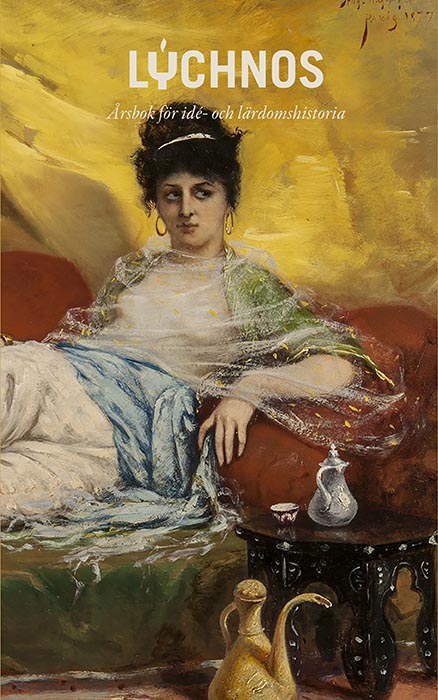The ivory tower under siege
Legitimation and mobilization of the humanities in Sweden 1937–1947
Keywords:
humanities, legitimation, mobilization, science, society, Sweden, World War IIAbstract
Recently, there have been intense discussions on the humanities and their role in society. However, these discussions demonstrate a lack of historical perspectives based on thorough empirical research. This study aims to contribute to a deeper understanding of the historic legitimacy of the humanities and their relation to society. Through an analysis of Swedish journals and anthologies, published between 1937 and 1947, a discourse is identified in a borderland between science and politics that should be regarded as part of a renegotiation of the humanities’ role in society. In the context of World War II and societal changes, there occurred a greater pressure to mobilize science for socio-political purposes. For the humanities, such demands seemed to conflict with their scientific ethos. This ethos was often based on a norm that demanded the drawing of a strict boundary between science and politics. But if they did not mobilize socially, scholars risked getting blamed for being isolated in the so-called ‘ivory tower’. How the humanities could be mobilized while still maintaining their legitimacy in a scientific context emerged as a fundamental problem with no clear solutions. Central to this problem was the exclusion of the humanities from narratives of the future of society.
Downloads
Published
Issue
Section
License
This work is licensed under a Creative Commons Attribution 4.0 International License. The copyright for the work published in Lychnos remains with the authors.


